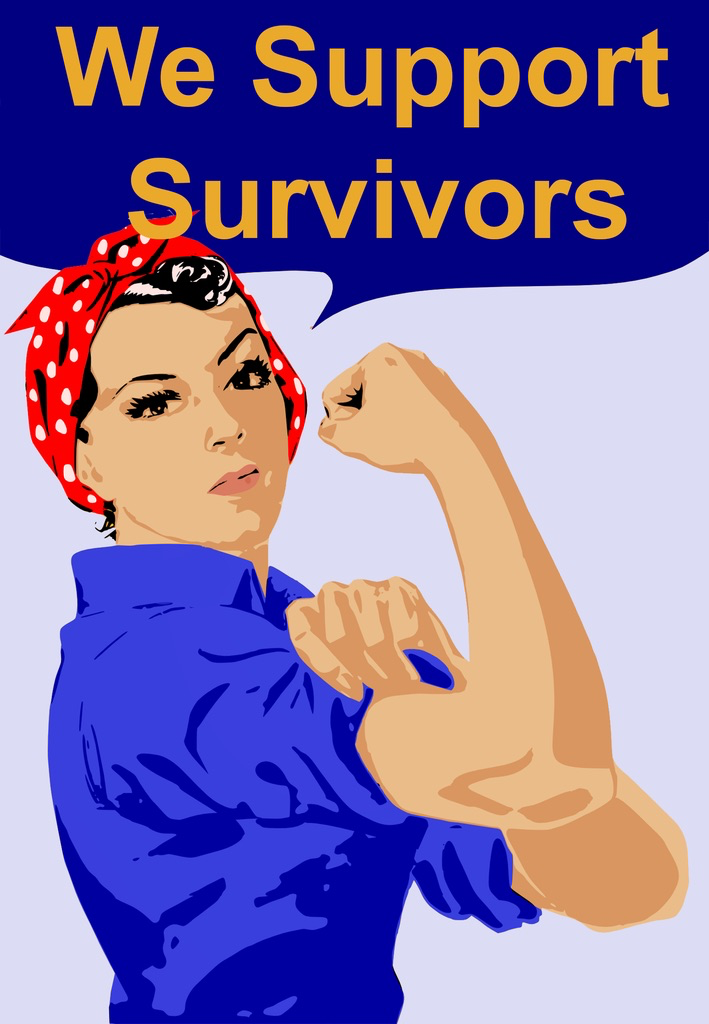How the Ghomeshi trial has highlighted an ugly truth about our country
“Why couldn’t you just keep your knees together?” said Justice Robin Camp in an Alberta court in 2014, as he heard the testimony of a 19-year-old woman as she recalled her memories of the night she was allegedly raped. “Sex and pain sometimes go together—that’s not necessarily a bad thing,” added the judge, according to court transcripts obtained by The Globe and Mail.

Following these comments in court, Justice Camp was appointed a federal judge by former Justice Minister Peter Mackay the following year. It was only last fall when the media got wind of these transcripts and a scandal erupted, and he’s only facing scrutiny now for his damning words. Since November, he’s not allowed to hear any cases until a judicial committee has decided his fate, according to the CBC.
This is just one example highlighting how the Canadian justice system has failed survivors of sexual violence. Instead of facilitating a safe environment where individuals can come forward and seek justice against their perpetrators, they face a barrage of obstacles, often resulting in the perpetrator walking free.
Less than 10 per cent of sexual assault crimes are actually reported to the police, according to a report conducted by the Department of Justice Canada. The role of the department is to ensure “the justice system is fair, relevant, accessible, and reflective of Canadian values.”
This leads me to believe that someone’s clearly slacking on the job over in Ottawa.
To add fuel to the fire, we’ve been feeling the reverberations of another scandal that further highlights the ugly truth—the Jian Ghomeshi trial. Since the verdict was delivered almost two weeks ago, demonstrations in solidarity with the survivors have taken place in almost every major Canadian city. It’s as if a witch trial took place instead of an actual judicial court case, for each woman was put under immense scrutiny in order to check the validity of their stories. Under Canadian law, the accused has the right to remain silent, meaning the glaring spotlight was always on these three women.
Ghomeshi’s defence picked apart each of the female’s testimonies. Their private emails were read aloud and their entire lives were essentially put on display for the world to see. We all know Ghomeshi himself was acquitted of five charges of sexual assault and one charge of choking. Judge William Horkins used harsh language when delivering his verdict, saying their testimonies were “deceptive,” and that “each was a fan to some greater or lesser extent. Each had a brief relationship with him that ended badly,” according to the court transcripts.
Former detective of the Toronto Police Service Dave Perry spoke to the CBC in the aftermath of the Ghomeshi verdict, saying, “nobody would ever come forward. Who would want their life under that kind of a microscope?” And I completely agree, survivors of assault will be deterred from coming forward given the judicial process.
In Montreal last Friday at Phillips Square a ‘cry-in’ was held for the survivors of the Ghomeshi trial; demonstrating how the news of the trial is reverberating throughout Canada. “The survivor’s private pain had to be made public, so we’re making our pain public to show solidarity,” said Jessica Bebenek, a Concordia student and co-organizer of the ‘cry-in’.
To be frank, the legal system simply isn’t equipped to deal with this issue that plagues our nation. The Ghomeshi trial and the disgusting comments from Justice Robin Camp proves this very point, and as a society we still have a lot of work to do.
Although we undo the past, we can begin to speak openly about sexual violence and stand in solidarity with survivors within our communities, within our country and across the world.



